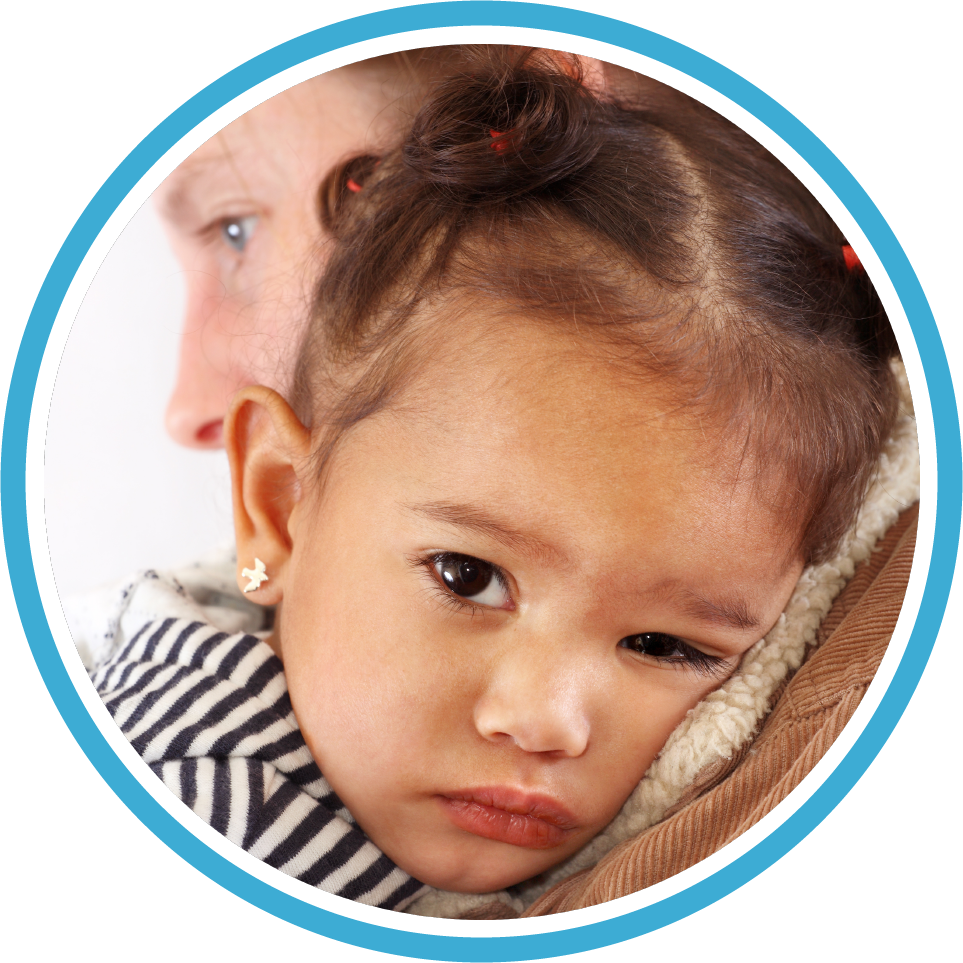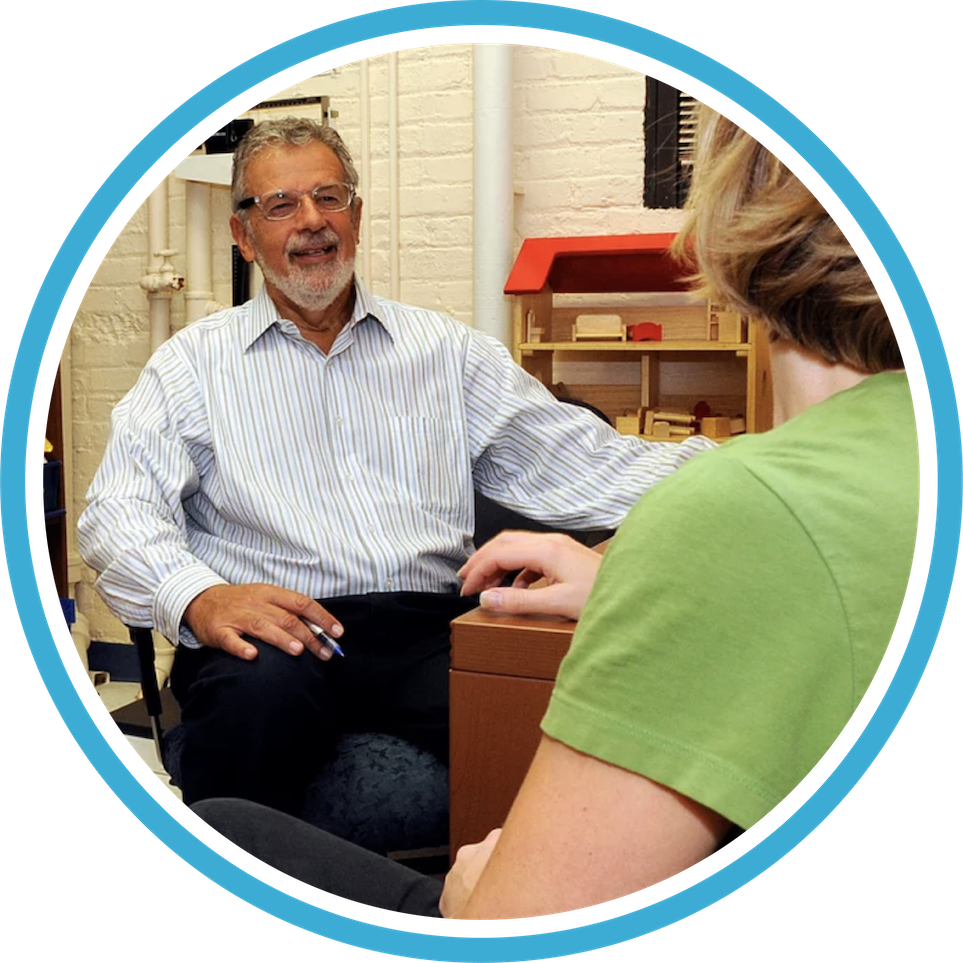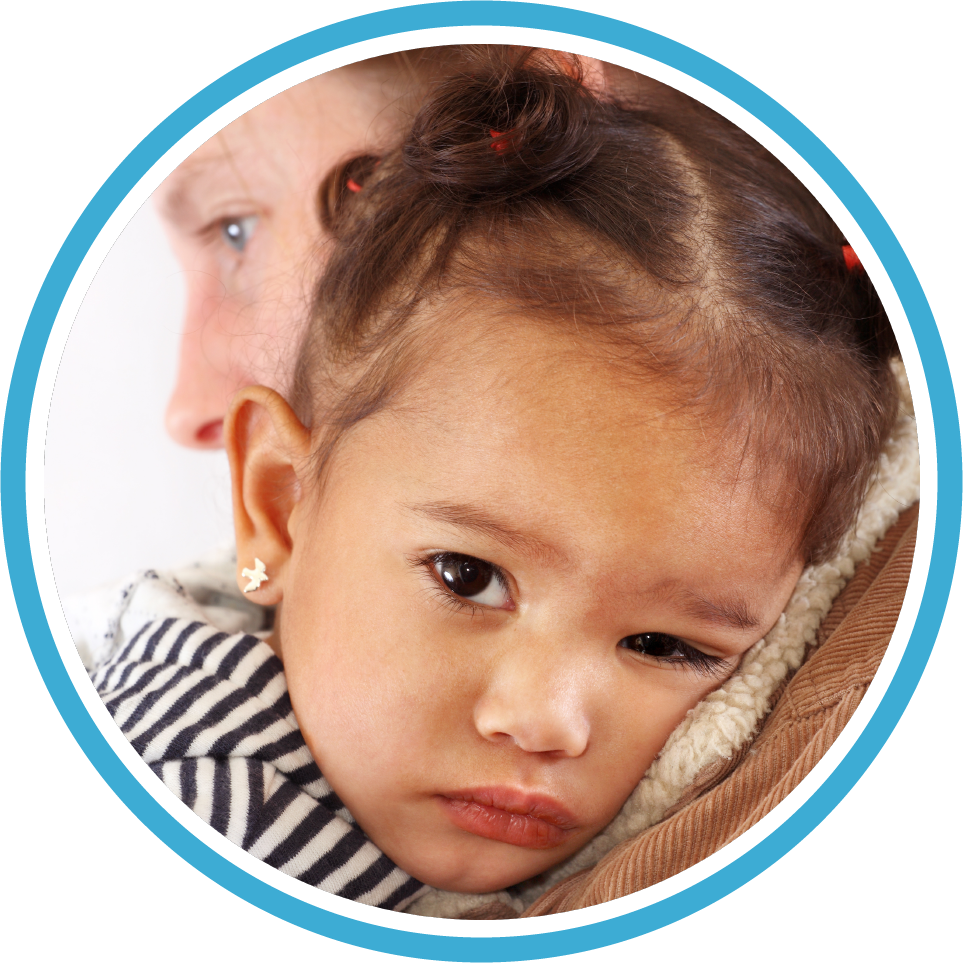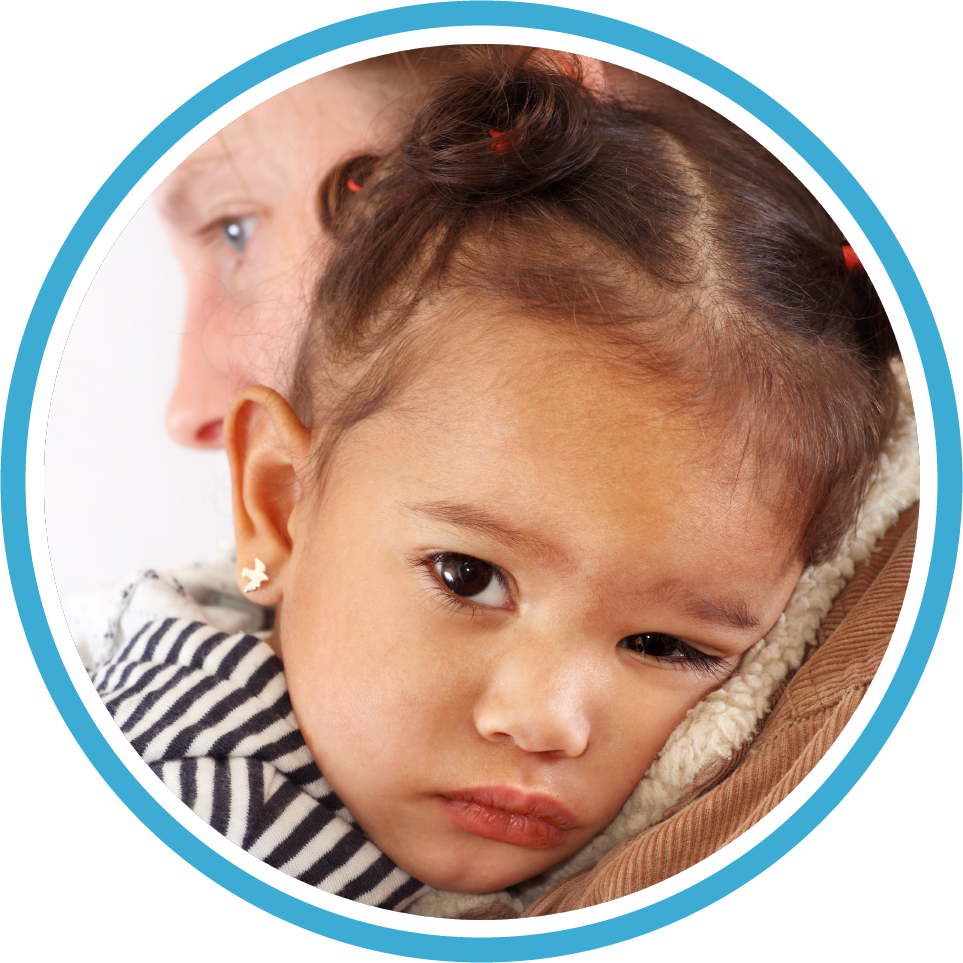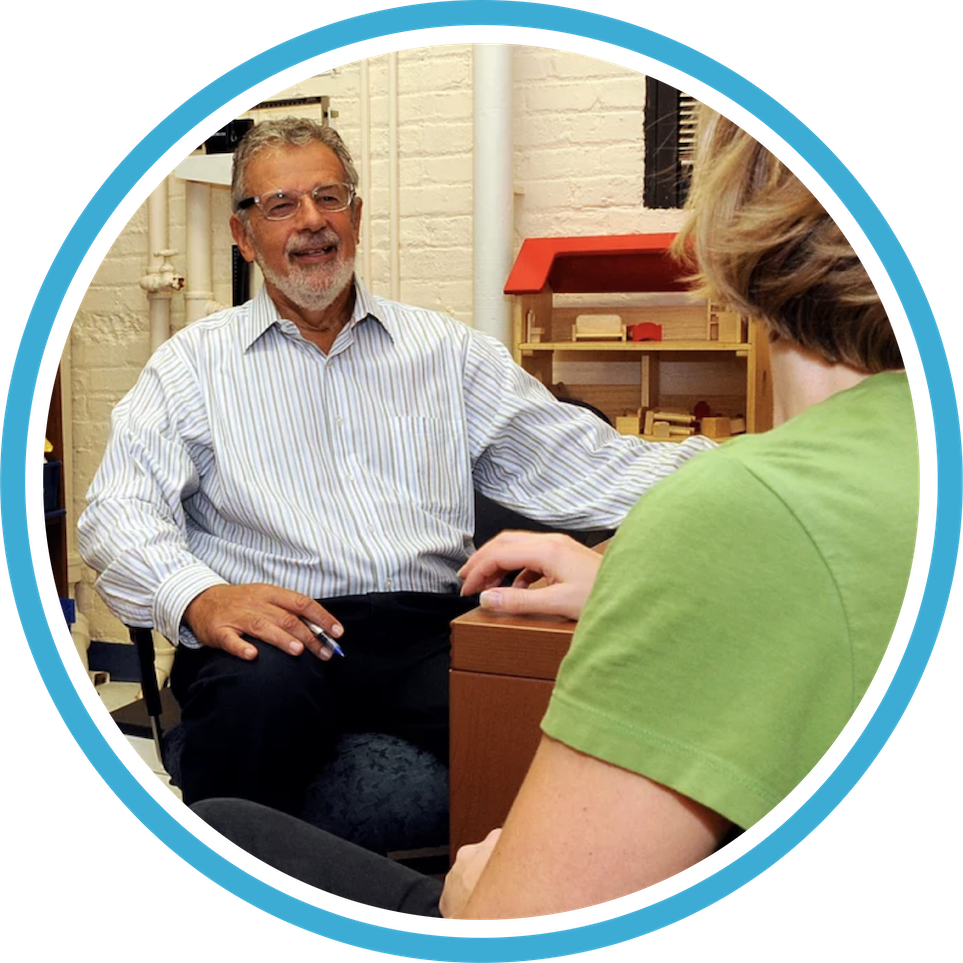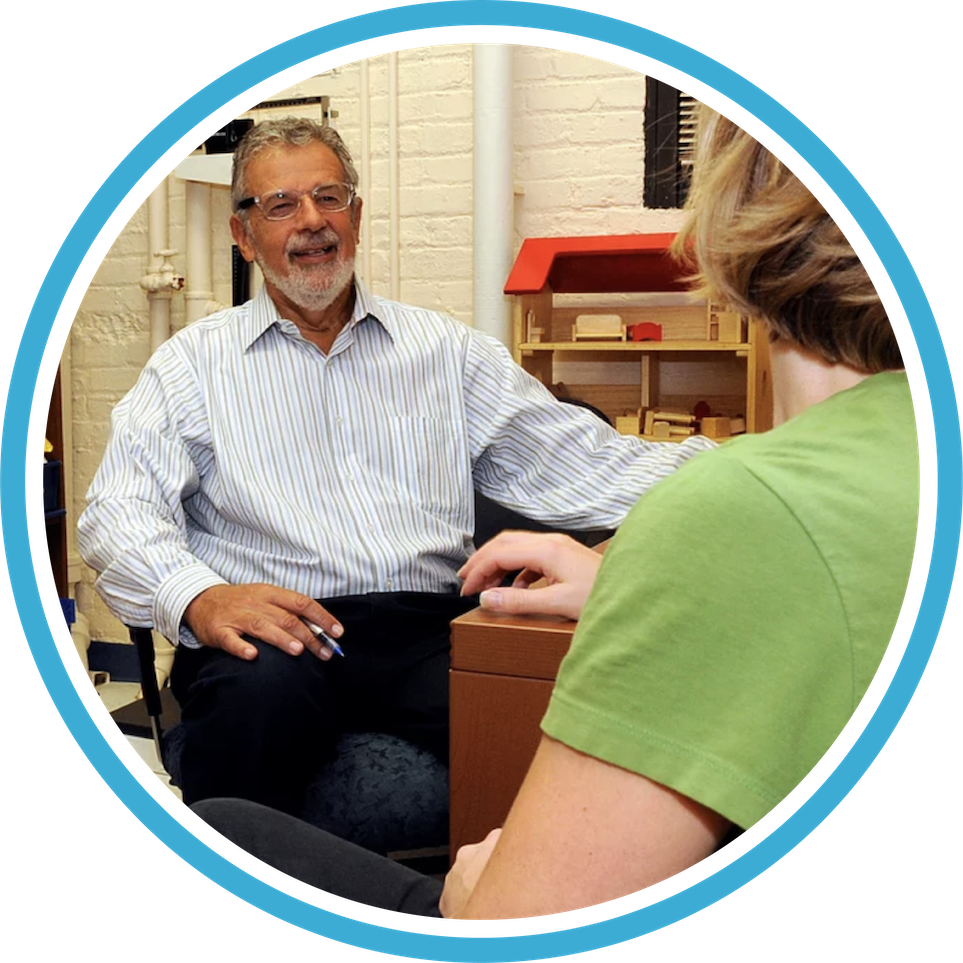About SEEK
SEEK was developed to take advantage of excellent opportunities in primary healthcare to learn about children’s family environments and to facilitate help when needed. A practical approach was developed to help primary care professionals (PCPs) play this role. Two large randomized controlled trials have had very promising findings toward helping to prevent child maltreatment. SEEK helps respond to what has been learned in the Adverse Childhood Experiences (ACEs) studies: the potential long-term and substantial harm associated with childhood adversities. In addition, SEEK helps with the increasing recognition of the important need to address social determinants of health, also called health-related social needs.
SEEK aims to strengthen families, support parents and parenting, and thereby promote children's health, development and safety — and help prevent child abuse and neglect.
Background
The SEEK Approach
FAQs
Primary healthcare offers an excellent opportunity to learn about possible problems a family may face and helps address them. SEEK was developed as a practical approach that could be readily implemented in many settings.
Learn More
The core components are:
- Training of primary healthcare professionals
- The SEEK Parent Questionnaire-Re
- SEEK Guidelines
- Motivational Interviewing
- SEEK Parent Handouts – customized with info on local resources
- Referrals to community resources
Answers to frequently asked questions can be found here.
Learn More
SEEK International
Funding
Who We Are
Child maltreatment is a global problem as are the associated risk factors. Most countries have a form of primary healthcare for children 0 – 5 years of age, enabling the implementation of the SEEK approach in their clinics and practices.
Learn More
SEEK has been developed with the support of several agencies and organizations. We are grateful for
their help.
Learn More
Our faculty and staff in the Department of Pediatrics at the University of Maryland School of Medicine have led the development of the SEEK approach since 2000. We have benefited from a long list of contributors to the project and the sage advice of our National Advisory Committee as well as many primary care professionals and parents.
Learn More
Background
Primary healthcare offers an excellent opportunity to learn about possible problems a family may face and helps address them. SEEK was developed as a practical model that could be readily implemented in many settings.
Learn More
Background
Primary healthcare offers an excellent opportunity to learn about possible problems a family may face and helps address them. SEEK was developed as a practical model that could be readily implemented in many settings.
Learn More
The SEEK Model
The core components are:
- Training of primary healthcare professionals
- The SEEK Parent Questionnaire-R
- SEEK Algorithms
- Working with behavioral health professionals
- SEEK Parent Handouts
The SEEK Model
The core components are:
- Training of primary healthcare professionals
- The SEEK Parent Questionnaire-R
- SEEK Algorithms
- Working with behavioral health professionals
- SEEK Parent Handouts
SEEK International
Primary healthcare offers an excellent opportunity to learn about possible problems a family may face and helps address them. SEEK was developed as a practical model that could be readily implemented in many settings.
Learn More
SEEK International
Child maltreatment is a global problem as are the associated risk factors. Most countries have a form of primary healthcare for children 0 – 5 years of age, enabling the implementation of the SEEK model in their clinics and practices.
Learn More
Funding
SEEK has been developed with the support of several agencies and organizations. We are grateful for their help.
Learn More
Funding
SEEK has been developed with the support of several agencies and organizations. We are grateful for their help.
Learn More
Who We Are
Our faculty and staff in the Department of Pediatrics at the University of Maryland School of Medicine have led the development of the SEEK model since 2000. We have benefited from a long list of contributors to the project and the sage advice of our National Advisory Committee as well as many primary care professionals and parents.
Learn More
Who We Are
Our faculty and staff in the Department of Pediatrics at the University of Maryland School of Medicine have led the development of the SEEK model since 2000. We have benefited from a long list of contributors to the project and the sage advice of our National Advisory Committee as well as many primary care professionals and parents.
Learn More



